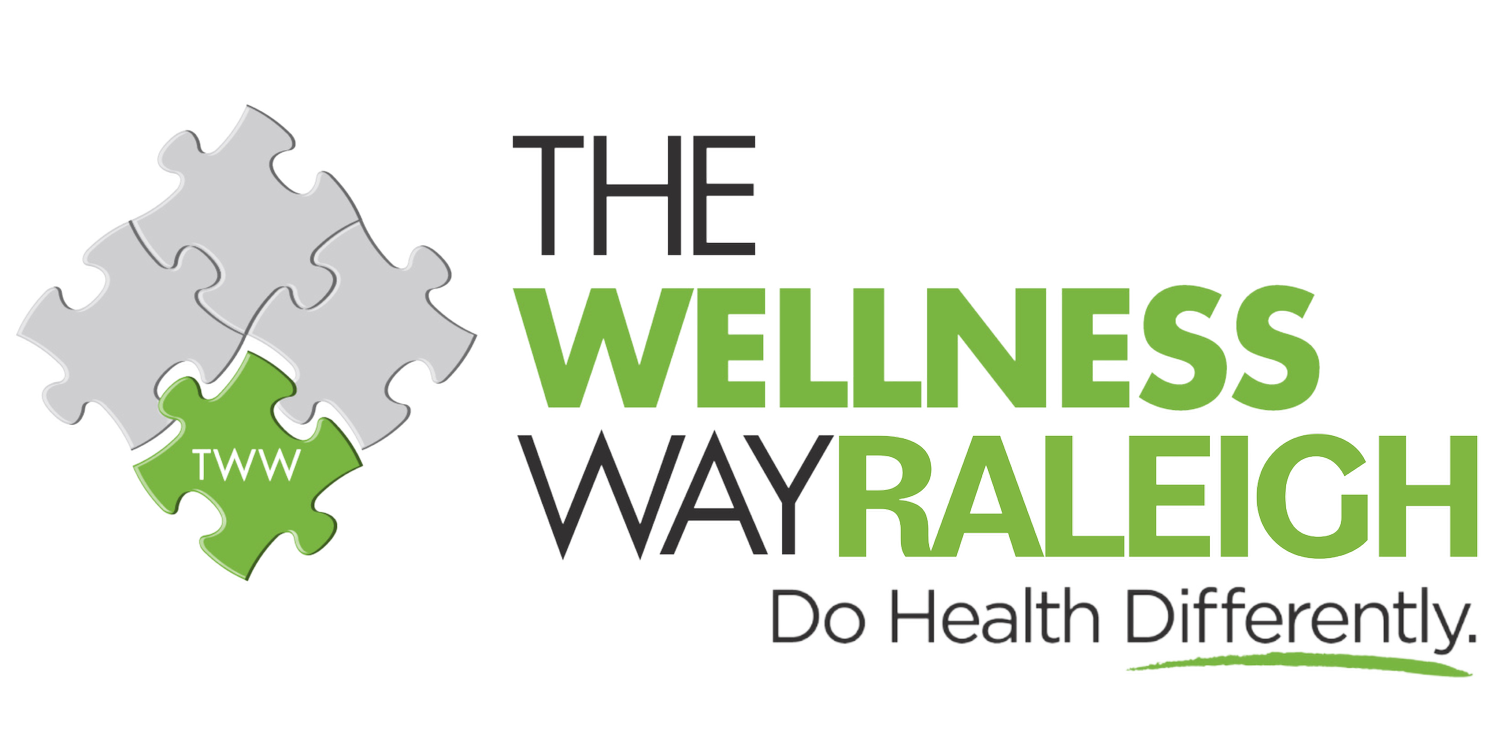What You Really Need to Know About Cortisol
We live in a world where stress is almost worn as a badge of honor. Hustle culture, packed schedules, late nights, and one-too-many coffees are the norm. But behind the scenes, your body is trying to keep up—and cortisol is at the center of it all.
Cortisol, often referred to as the “stress hormone,” is essential for survival. It helps regulate your energy, metabolism, inflammation, and immune response. In short: you need cortisol. But like anything in the body, balance is key.
When cortisol levels are chronically high (or too low from burnout), it can quietly wreak havoc—leading to fatigue, weight gain, anxiety, insomnia, digestive issues, hormone disruption, and more. And here's the tricky part: you may not even realize it's happening.
Let’s take a closer look at some of the most common misconceptions about cortisol—and what you can do instead.
1 - "IF I DON’T FEEL STRESSED, MY CORTISOL IS FINE."
Let’s think differently...
Cortisol imbalances can be silent. Many people with chronic stress don’t feel stressed but experience fatigue, brain fog, weight gain, and poor sleep.
Solution: Get comprehensive lab testing done to test cortisol and other triggers that may be throwing your body out of balance. When you have the full picture, you can create a healing plan that actually works.
2 - "EXERCISE ALWAYS HELPS LOWER STRESS."
Let’s think differently...
Over-exercising raises cortisol, especially if recovery and sleep are poor. The key is balanced movement.
Solution: Focus on low impact movements like walking, pilates, or yoga/stretching. Women should also tailor their workouts to the different phases of their menstrual cycle.
3 - “CAFFEINE HELPS GIVE ME ENERGY WHEN I FEEL REALLY FATIGUED.”
Let’s think differently...
Caffeine might feel like a quick fix, but it’s actually a band-aid approach that can make things worse over time. It spikes cortisol and forces your body to produce stress hormones it may not have to spare—depleting your adrenals and worsening hormone imbalances. The result? Even more fatigue, anxiety, irritability, and blood sugar crashes later in the day.
Solution: Wait at least 90 minutes after waking before having coffee to support your natural cortisol rhythm. Always eat something first to reduce the hormonal hit. If you’re experiencing intense symptoms of stress or burnout, consider ditching caffeine altogether or swapping it for gentler options like green tea or matcha.
The Bottom Line:
You don’t have to live in survival mode. By tuning into your body’s signals, questioning outdated advice, and addressing the root causes of stress and hormone imbalance, you can build real, lasting energy—not just the wired-and-tired kind.
Download our FREE ‘Steps to Managing your Stress Levels’ guide to learn more about our approach to stress!

